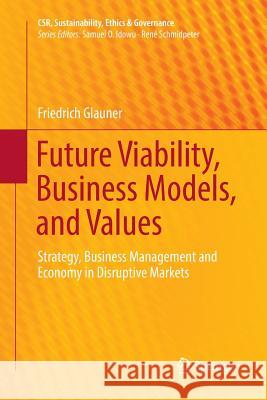Future Viability, Business Models, and Values: Strategy, Business Management and Economy in Disruptive Markets » książka
topmenu
Future Viability, Business Models, and Values: Strategy, Business Management and Economy in Disruptive Markets
ISBN-13: 9783319816609 / Angielski / Miękka / 2018 / 116 str.
Future Viability, Business Models, and Values: Strategy, Business Management and Economy in Disruptive Markets
ISBN-13: 9783319816609 / Angielski / Miękka / 2018 / 116 str.
cena 201,24
(netto: 191,66 VAT: 5%)
Najniższa cena z 30 dni: 192,74
(netto: 191,66 VAT: 5%)
Najniższa cena z 30 dni: 192,74
Termin realizacji zamówienia:
ok. 16-18 dni roboczych.
ok. 16-18 dni roboczych.
Darmowa dostawa!
Kategorie:
Kategorie BISAC:
Wydawca:
Springer
Seria wydawnicza:
Język:
Angielski
ISBN-13:
9783319816609
Rok wydania:
2018
Wydanie:
Softcover Repri
Ilość stron:
116
Waga:
0.22 kg
Wymiary:
23.39 x 15.6 x 0.81
Oprawa:
Miękka
Wolumenów:
01











